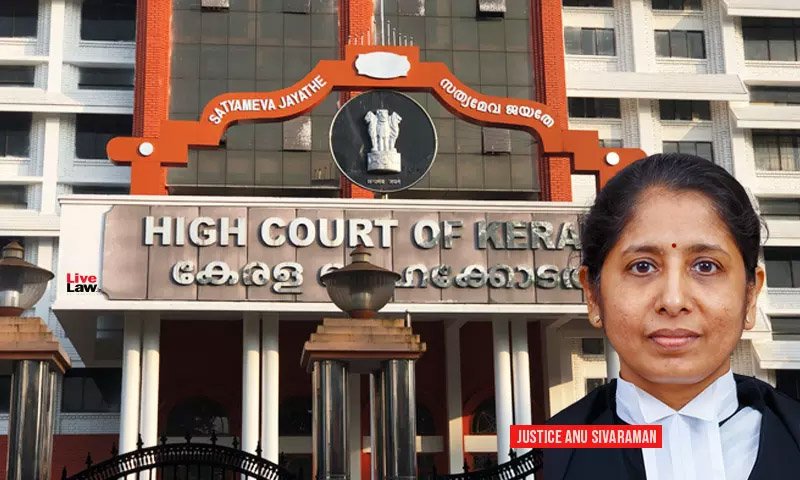16 Jan 2023 9:23 AM
The Kerala High Court recently considered the question as to whether the pension of a High Court judge, who has been reappointed as an Ombudsman after retirement, could be deducted from his salary, and answered the same in the negative.
Justice Anu Sivaraman, observed in this regard,
“the provisions of the Act (Panchayat Raj Act) and the Rules (Ombudsman for Local Self Government Institutions (Inquiry of Complaints and Service Conditions) Rules, 1999) are quite clear in as much as the provision specifically provides that a person appointed as Ombudsman would be entitled to salary and allowances equivalent to that of a High Court Judge. The Act or the Rules, admittedly, do not provide for any deduction of pension”.
The Court went on to categorically lay down that,
“The pension payable to a High Court Judge is deferred payment for his service as such and unless there is a specific provision in the enactment or the Rules which provides for the appointment of Ombudsman for deducting the amount drawn by the appointee as pension for his service as a High Court Judge, there can be no deduction on the basis of the subjective satisfaction of the officers occupying the post of respondents 2 (Accountant General (A&E), Kerala), and 3 (State of Kerala represented by Secretary, Local Self Government Department), or any of their subordinate officers”.
The Court in this case was considering the writ petition filed by retired judge of the Kerala High Court, Justice K.K. Denesan, who sought the interference of the Court through the issuance of an appropriate writ in order to enforce his legitimate right to get full salary and allowances on appointment as Ombudsman without reducing the amount of pension paid to him.
It was averred by the Senior Advocate K. Jaju Babu on behalf of the petitioner that the latter had been appointed as an Ombudsman under the Kerala Panchayat Raj Act and Rules, vide Order dated December 22, 2017. He was accordingly sworn in as an Ombudsman and discharged his duties until December 21, 2020. The senior counsel relied upon Section 271 G of the Panchayat Raj Act as well as Rule 4 of the Ombudsman for Local Self Government Institutions (Inquiry of Complaints and Service Conditions) Rules, 1999 to content that the petitioner was entitled to the salary and allowances as are admissible to a High Court judge. He pointed out that the petitioner was however, only paid the salary of a High Court Judge after deducting the pension being received by him.
It was averred that when a representation was submitted before the before the Accountant General (2nd respondent herein) for fixation of salary in this regard, it was responded to by the Senior Accounts Officer vide an order dated May 5, 2021, who relied on a Government letter, and thereby fixed the salary deducting the pension drawn by the petitioner for the service he rendered as the High Court Judge.
It was submitted by the Senior Counsel that there was no provision stipulating the deductions of the pension paid on account of earlier service rendered as a High Court Judge from the amounts payable to the petitioner for service rendered by him as Ombudsman. The counsel also placed reliance on the Apex Court decision in V.S. Mallimath Union of India & Anr. v. Union of India & Anr.
On the other hand, it was contended by the respondents that since the petitioner is a retired High Court Judge, and is drawing pension for his prior service, his pay and allowances are to be fixed less the pension drawn as was done in the case of other judges who are reemployed after retirement. It was further contended that the Principal Secretary to Government, Local Self Government (IA) Department had clarified that since the petitioner is a retired High Court Judge, he is eligible for pay and allowances as per Rule 100 Part III, KSR and that his pay and allowances shall be fixed as stipulated therein. The counsels contended that as per the provisions of the Act and Rules, the pay and allowances admissible to the Ombudsman, if the person appointed is a retired Judge, who is in receipt of pension has not been specified.



